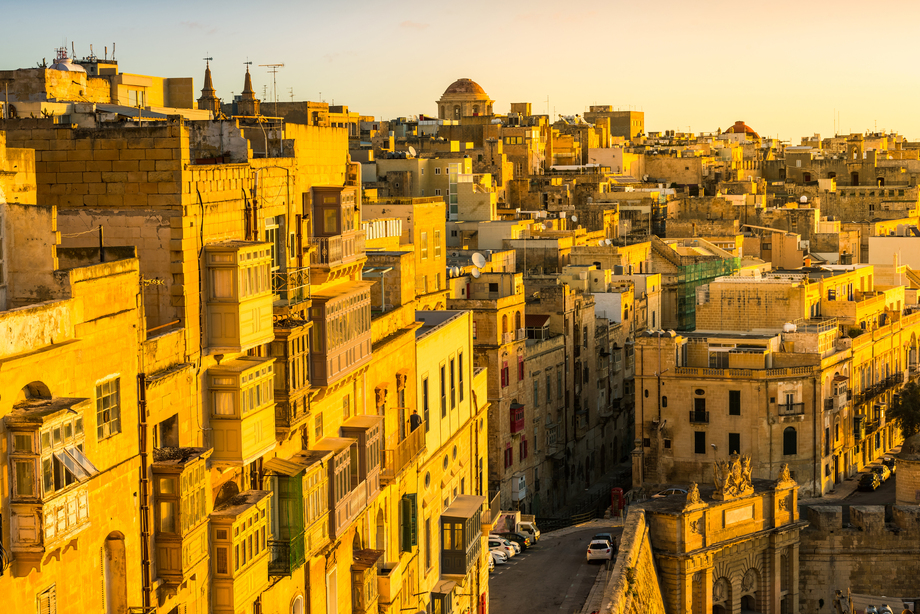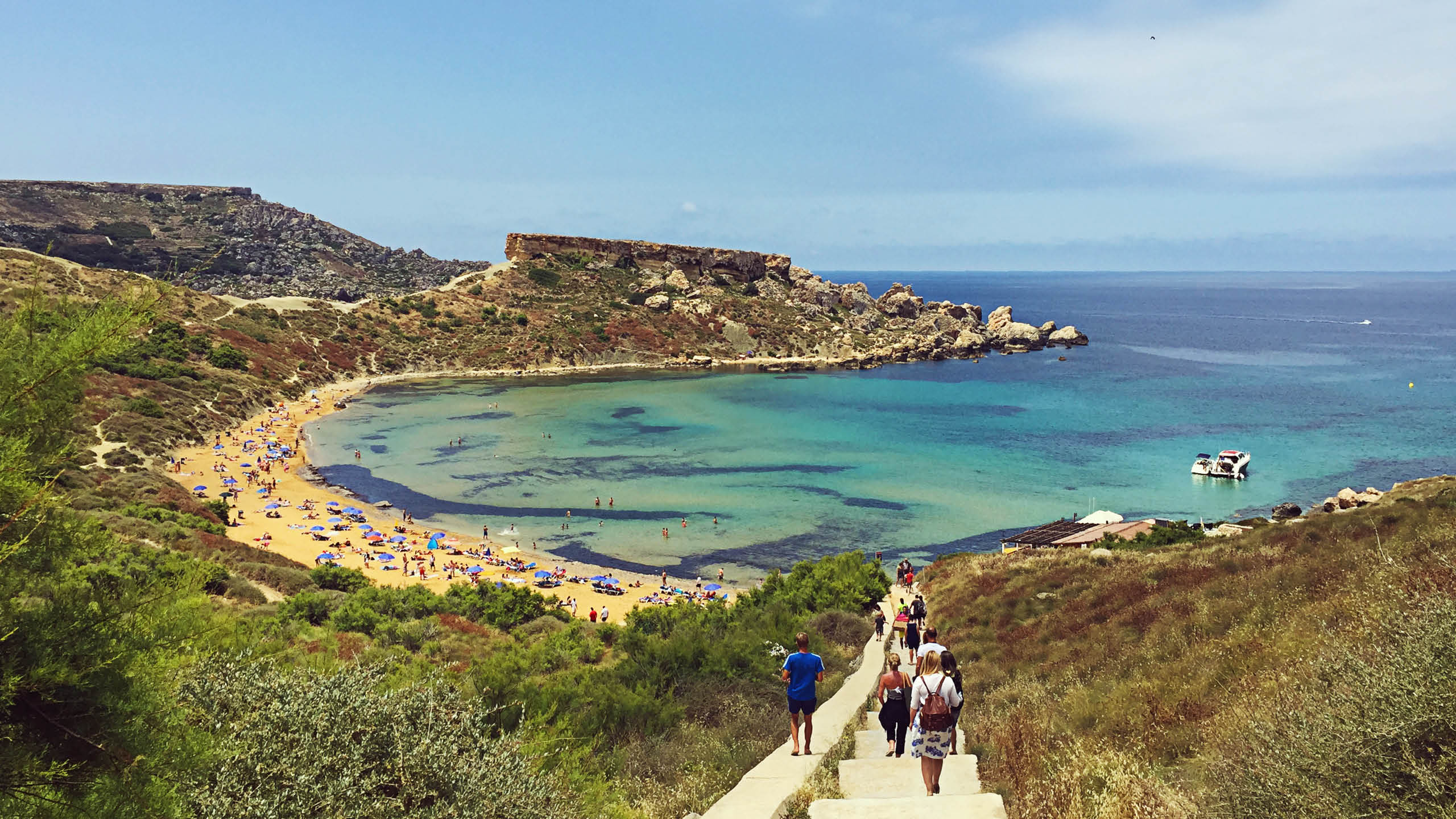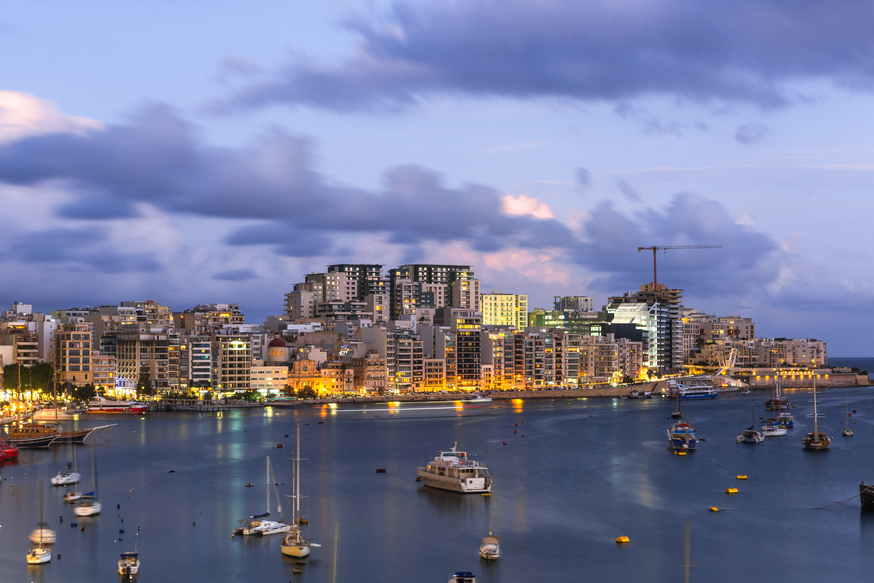Malta’s property sector remains significantly vulnerable to the threat of money laundering, with criminals likely to be using real estate as a way to legitimise their earnings through illicit means. While the sector has registered some improvement over recent years, more needs to be done to close major avenues for money laundering in Maltese real estate, according to compliance professional Charles Cassar.
Malta’s National Risk Assessment (NRA) of the risks related to money laundering and the financing of terrorism, issued earlier this month, is a major update over the previous 2018 assessment. However, although almost every field registered a decrease in its risk profile, property remained even with a ‘medium-high’ assessment.
The 200-page national risk assessment seeks to identify the country’s money laundering threats and vulnerabilities.
This assessment, led by a committee that includes the police and FIAU, says the full scale of money laundering through the property sector is unknown.
However, the share of real estate assets frozen in Malta in 2021 was estimated at €44.6 million, thereby indicating that money laundering through the real estate sector is “significant”, the report says.
BusinessNow.mt reached out to Shouder Compliance founder Charles Cassar to dig deeper into the reasons for the real estate sector’s vulnerability to money laundering.
Mr Cassar notes that in both its structural setup as well as in the broad culture surrounding it, the real estate industry is a much more recent entrant into the field of regulatory anti-money laundering (AML) than other sectors like financial services and gambling.

“Banks, for example, have been subject to AML rules for a very long time and are, institutionally, very much in tune with the requirements,” he says. “Issues do still crop up but they understand the requirements and accept them as part of their day-to-day operations. This is not the case for real estate which, having become subject to AML rules only recently, is not built to accommodate these requirements.”
A practical illustration of the point can be seen in the fact that many banks and financial services firms have dedicated AML units, while notaries and real estate firms do not typically have the expertise and resources necessary to handle their legal obligations.
The widespread use of cash remains a sticking point that will be difficult for the industry to overcome, and although cash transactions of over €10,000 are now prohibited in the case of property sales, they remain very much the order of the day when it comes to paying for works, renovations, finishings and furnishings.
“Up until recently,” says Mr Cassar, “it was not unheard of for people to go to their notary with, effectively, bags of cash to pay for their transactions. This kind of use is now circumscribed by legislative prohibitions, but there remains a lot of the real estate universe where one can use cash quite freely.
The problem with cash, of course, is that, being untraceable, it is criminals’ payment method of choice, so “real estate is a convenient way to sink large quantities of illicitly begotten cash,” says Mr Cassar.
Thus, a relatively rundown property could be bought legally, but then be stripped, renovated, finished and furnished using the proceeds of crime.
When that property is then revalued or sold on for a higher amount, all the illicit money poured into increasing its value becomes legal with the stroke of a pen, making it a very attractive avenue for money laundering.
“One major problem with real estate, in terms of the fight against money laundering,” continues Mr Cassar, “is that there isn’t a lot of price transparency. If you’re receiving invoices for works done on your property, one contractor might quote you a price while another will quote you double or even triple that amount – and it is not necessarily easy to drill down into how or why someone is pricing something one way or another without really intimately knowing the specificity of the case, making it very difficult to audit.”
What was once undeclared cash obtained from criminal activities like drug trafficking or corruption thus becomes a newly renovated building with modern amenities, ready to be sold or rented – with the income from these activities being entirely legal and backed up by a real paper trail.
“It’s a basis for criminals to build legitimate-seeming businesses,” continues Mr Cassar. “It’s an open doorway for them to use their laundered money as a platform to create legal profits.”
While real estate is a major conduit of money laundering all around the world, Malta’s market is particularly attractive thanks to its particular features, being a remarkably stable store of value, bolstered by high purchase and sales demand.
Despite its attractiveness, the sector can “certainly” improve by shoring up its defences against money laundering, says the compliance professional. “There have been some notable improvements, and some market players are paying a lot of attention to AML. The NRA recognises these efforts, and it would be unfair to say that nothing has been done. But as clearly transpires from the report – there’s still a lot to do.”
Għajn Tuffieħa Bay named ‘most beautiful beach in Europe’ for 2024 by European travel platform
The results are based on the votes of 103,224 worldwide travellers
MDA says April 2024 broke records with value of promise of sale agreements surging by 14.4%
A report from the MDA highlights that there were 1,385 promise of sale agreements last month
1,695 businesses found employing non-EU workers illegally in 2023
The figure amounts to a significant portion of all employers in Malta






